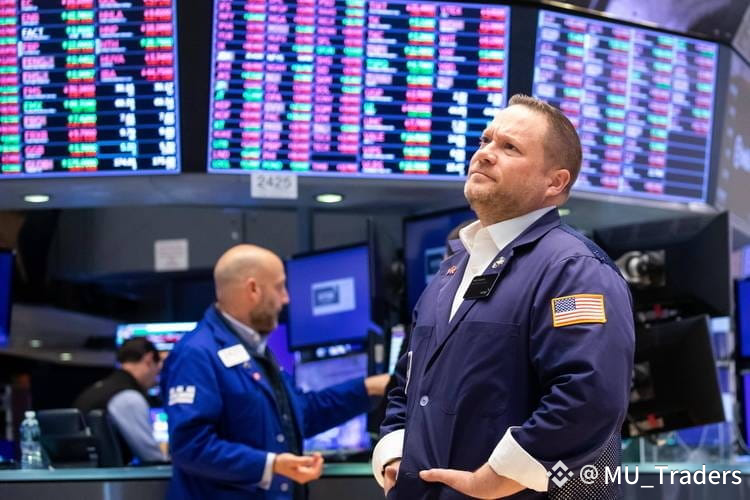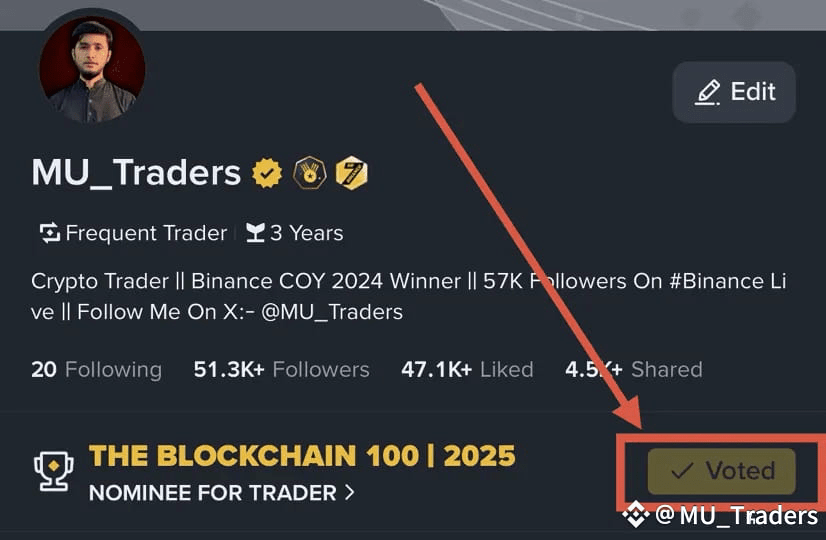The Amaranth fund, managing over $9 billion, was "wiped out" in just 10 days, losing $6.6 billion (70% of its assets).
The Trader: Brian Hunter, a star trader who specialized in natural gas futures.
The "Guaranteed" Strategy: Hunter didn't diversify. He focused on a single bet: the seasonal price spread of natural gas. He would buy winter contracts (when demand and prices are high) and short (sell) spring contracts (when demand and prices are low). As long as the winter-spring price gap widened, he made "steady profits."
Give me a favour by giving me a vote every day you get a new vote to cast for me cast it and help me to win competition. simply click on my avatar and then a vote option will appear press it
The 2005 Win: After Hurricane Katrina devastated gas facilities in 2005, winter gas prices soared. Hunter's bet paid off spectacularly, earning the fund $1.26 billion and him a $100 million bonus. This success led to extreme overconfidence.
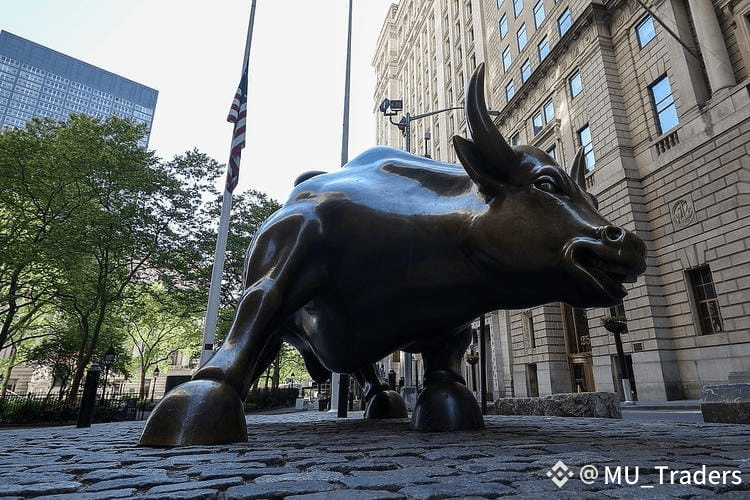
The 2006 Mistake: Believing his strategy was "foolproof," Hunter bet over half of the entire fund's assets on the same trade. His position grew so large that he controlled 60-70% of the entire U.S. natural gas market for those contracts.
The "Hurricane That Never Came": In 2006, the summer was calm. There were no hurricanes. Gas supplies were plentiful, and warehouses were full. The expected winter shortage never appeared, and the price difference between winter and spring began to shrink instead of widen.
The Vicious Cycle: As the fund began losing money, investors rushed to redeem their cash. This forced Hunter to sell his massive positions. But because he was the market, his selling flooded it, causing the price difference to shrink even faster. The more he sold, the more money he lost, leading to a "meat grinder" scenario that bankrupted the fund.
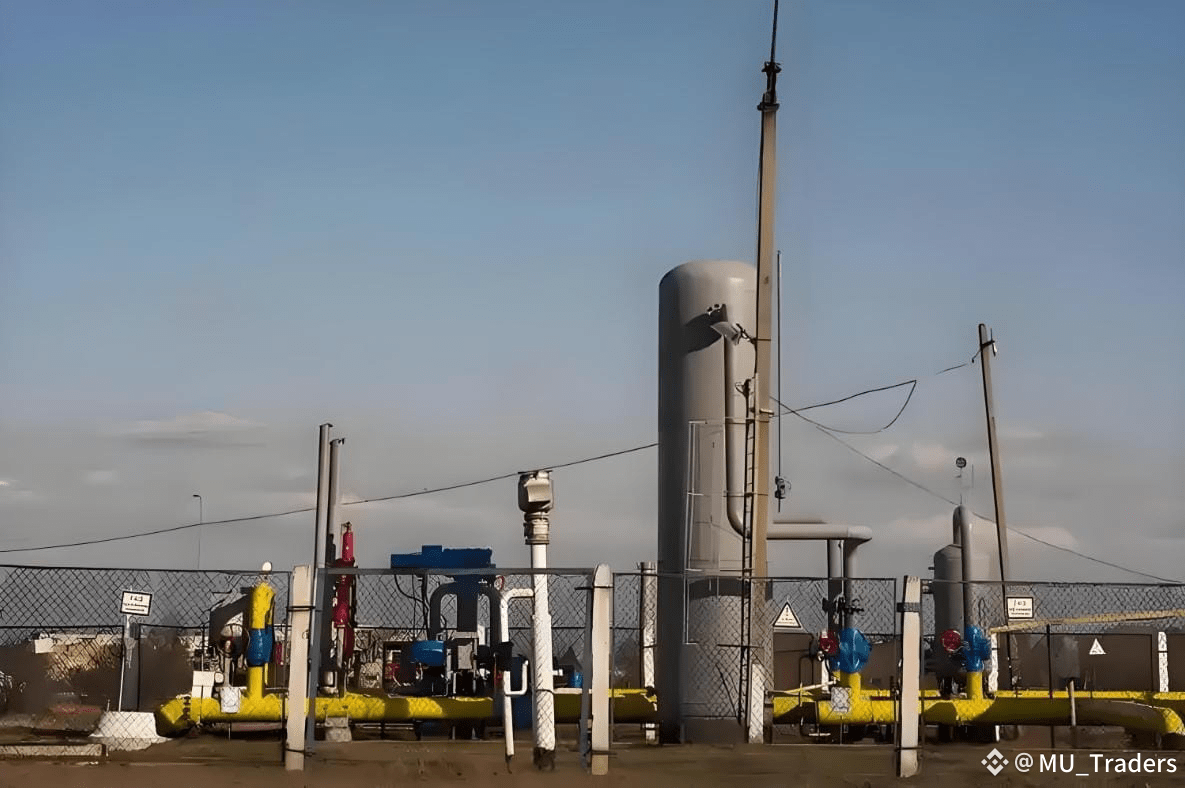
Key Lessons from the Collapse
The article highlights three "bloody lessons" that cost $6.6 billion to learn:
There is no "guaranteed profit." Hunter bet that the weather would follow past patterns (i.e., hurricanes would hit). Nature and markets don't follow a script. This is a perfect example of a "black swan" event—an unexpected event that changes everything.
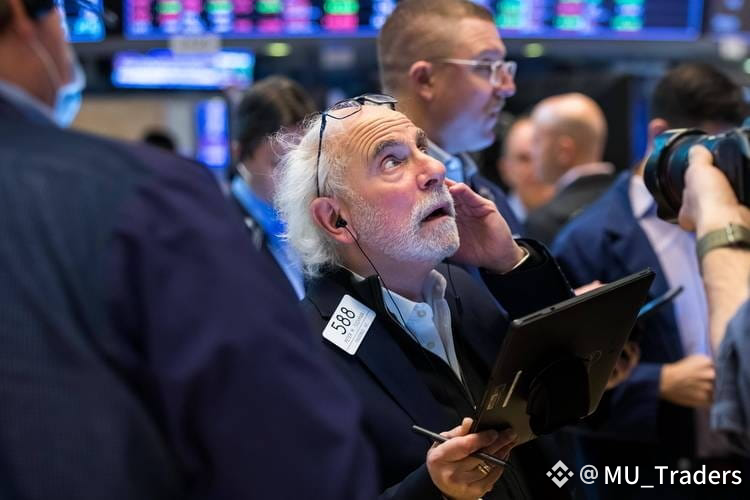
Greed and over-concentration are fatal. If Hunter hadn't bet more than half of the fund's entire value on one idea, a loss would have been painful but not fatal. Diversification is the most basic principle of managing risk.
Never think you can control the market. By holding 70% of the market, Hunter thought he was the "boss." In reality, he had no liquidity—there was no one to sell to without crashing the price. He had no exit and became the market's biggest victim.
